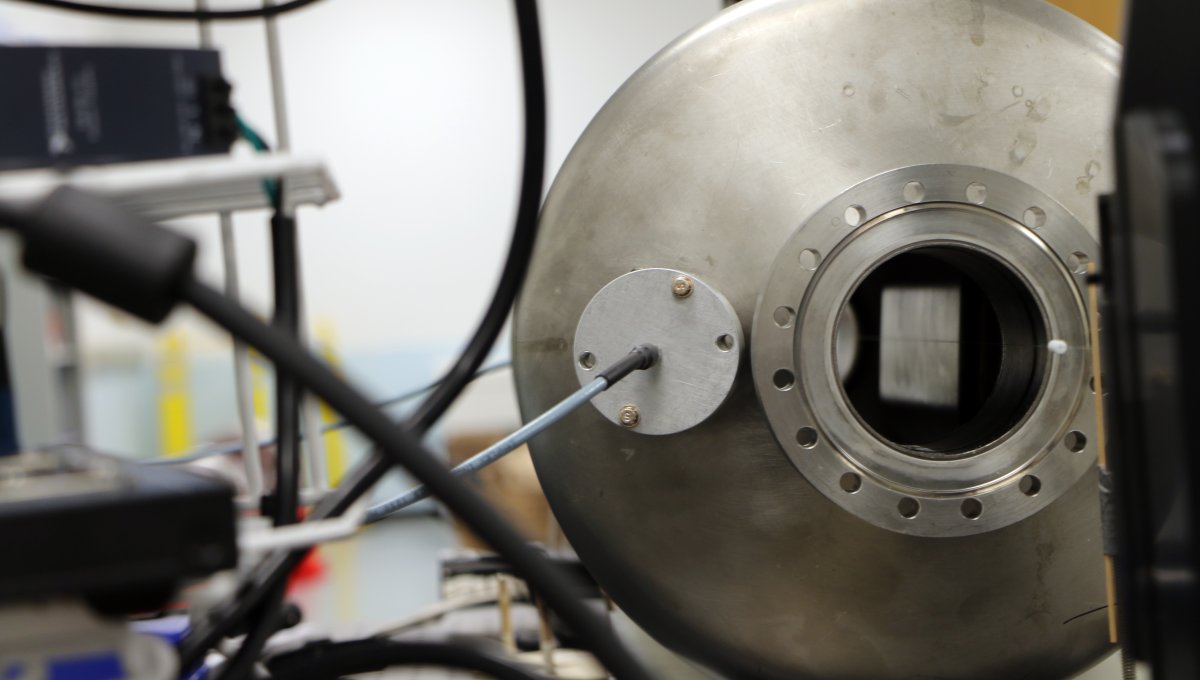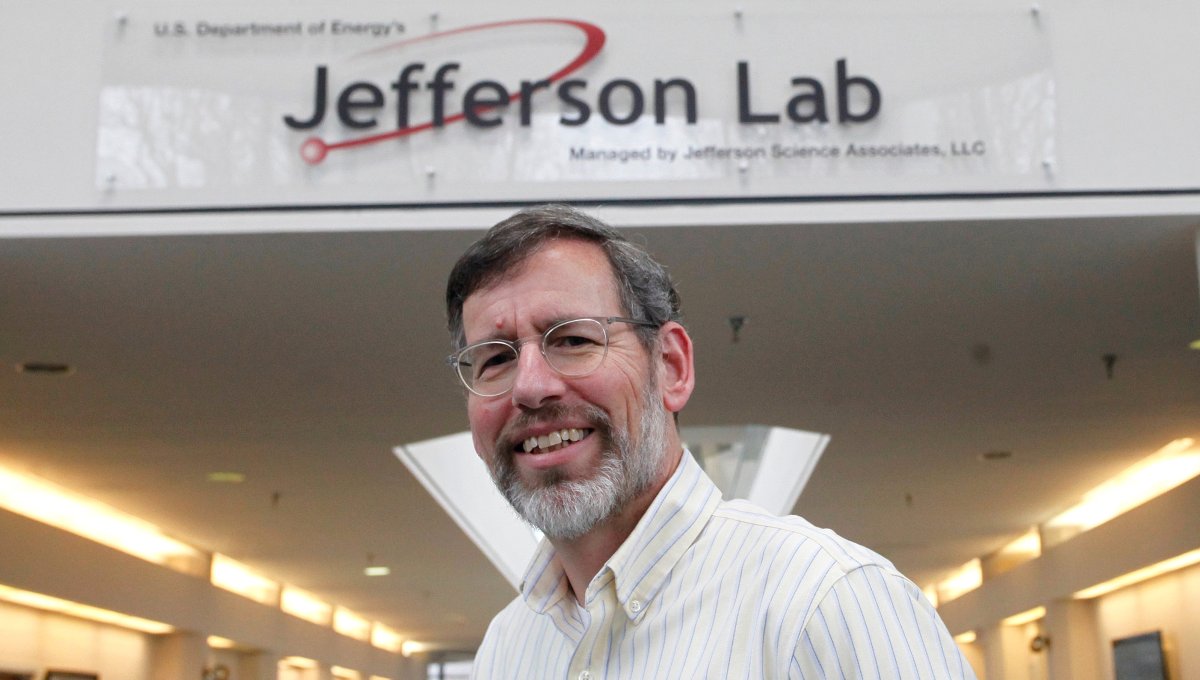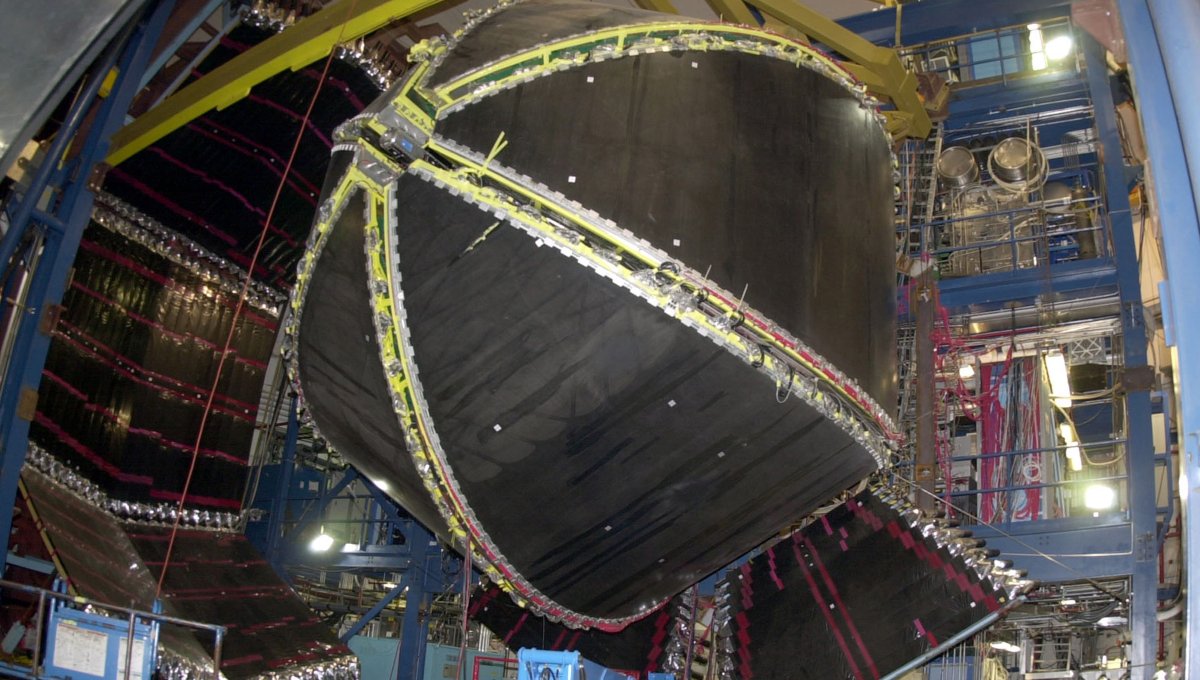Undergraduate/Graduate Courses
Introduction to Particle Accelerator Physics
Introduction to the historical development and applications of particle accelerators to the fields of nuclear physics, particle physics, material sciences, and medical therapy and the design and physics of particle accelerators. Aspects of linear accelerators, circular accelerators such as cyclotrons, betatrons, synchrotrons, and storage rings, and recirculated linacs are covered. Topics include linear and non-linear single particle motion in accelerators, collective effects and beam stability in particle accelerators, and the electromagnetic radiation emitted by relativistic particles in accelerators. Up to date descriptions of the most modern particle accelerators will be included, as well as applications such as fixed target nuclear physics arrangements, colliding beam accelerators for high energy physics research, advanced storage ring sources of X-Rays, advanced neutron sources, radiation and radioactive material sources, and cancer therapy devices.
Introduction to Solid State Physics
Introduction to solid state physics and materials science, with emphasis placed on the applications of each topic to experimental and analytical techniques. Topics include crystallography, thermal and vibrational properties of crystals and semiconductors, metals and the band theory of solids, superconductivity and the magnetic properties of materials.
Introduction to Particle Accelerator Physics
Introduction to the historical development and applications of particle accelerators to the fields of nuclear physics, particle physics, material sciences, and medical therapy and the design and physics of particle accelerators. Aspects of linear accelerators, circular accelerators such as cyclotrons, betatrons, synchrotrons, and storage rings, and recirculated linacs are covered. Topics include linear and non-linear single particle motion in accelerators, collective effects and beam stability in particle accelerators, and the electromagnetic radiation emitted by relativistic particles in accelerators. Up to date descriptions of the most modern particle accelerators will be included, as well as applications such as fixed target nuclear physics arrangements, colliding beam accelerators for high energy physics research, advanced storage ring sources of X-Rays, advanced neutron sources, radiation and radioactive material sources, and cancer therapy devices.
Introduction to Solid State Physics
Introduction to solid state physics and materials science, with emphasis placed on the applications of each topic to experimental and analytical techniques. Topics include crystallography, thermal and vibrational properties of crystals and semiconductors, metals and the band theory of solids, superconductivity and the magnetic properties of materials.
Graduate Courses
Accelerator Physics
Overview of the underlying physics of modern particle accelerators. Acceleration, beam transport, nonlinear dynamics, coherent synchrotron radiation, wakefields and impedances, collective effects, phase space cooling, free-electron lasers, novel methods of acceleration, accelerator systems.
Classical Mechanics and Electromagnetism in Accelerator Physics
Further development of classical mechanics and electromagnetism and their application to accelerator physics: Lagrangian and Hamiltonian formulation of equations of motion, canonical transformations, adiabatic invariants, linear and nonlinear resonances. Liouville's theorem, solutions of Maxwells equation in cavities and waveguides, wakefields, radiation and retarded potentials, synchrotron radiation.
Low Temperature Physics
Properties and behavior of materials and systems at low temperature. Bose and Fermi systems, superconductivity, superfluidity, condensates.
Accelerator Physics
Overview of the underlying physics of modern particle accelerators. Acceleration, beam transport, nonlinear dynamics, coherent synchrotron radiation, wakefields and impedances, collective effects, phase space cooling, free-electron lasers, novel methods of acceleration, accelerator systems.
Classical Mechanics and Electromagnetism in Accelerator Physics
Further development of classical mechanics and electromagnetism and their application to accelerator physics: Lagrangian and Hamiltonian formulation of equations of motion, canonical transformations, adiabatic invariants, linear and nonlinear resonances. Liouville's theorem, solutions of Maxwells equation in cavities and waveguides, wakefields, radiation and retarded potentials, synchrotron radiation.
Low Temperature Physics
Properties and behavior of materials and systems at low temperature. Bose and Fermi systems, superconductivity, superfluidity, condensates.
Research Experience for Undergraduates
Accelerator and Nuclear Physics: Old Dominion University and Jefferson Laboratory
The Physic Department - in partnership with Thomas Jefferson National Accelerator Facility in Newport News, and with the support of the National Science Foundation - has established a Research Experience for Undergraduates (REU) program to provide research opportunities for college and university students in accelerator physics and nuclear physics.
The goals are to expose students to the sense of excitement and accomplishment that accompanies independent research, and to provide information and contacts that can improve their chances of remaining in physics. Student researchers will operate with well-guided independence to contribute usefully to advances in superconducting RF structures, novel accelerator design, and particle detectors. In some cases, students will be co-authors on resulting publications.
The program will run for 10 weeks, and is typically from late May to late July. The students will work with ODU faculty and Jefferson Lab staff scientists at Jefferson Lab on their research projects. Students will have ample time to interact with each other, the ODU faculty, graduate students and Jefferson Lab staff scientists. Social and cultural activities will help forge a strong bond among the students.
Selected students will receive $500 per week, shared accommodation on site, travel support and $10 per day meal allowance. Application deadlines are in mid-February with admittance decisions being made by late-March to early-April.









